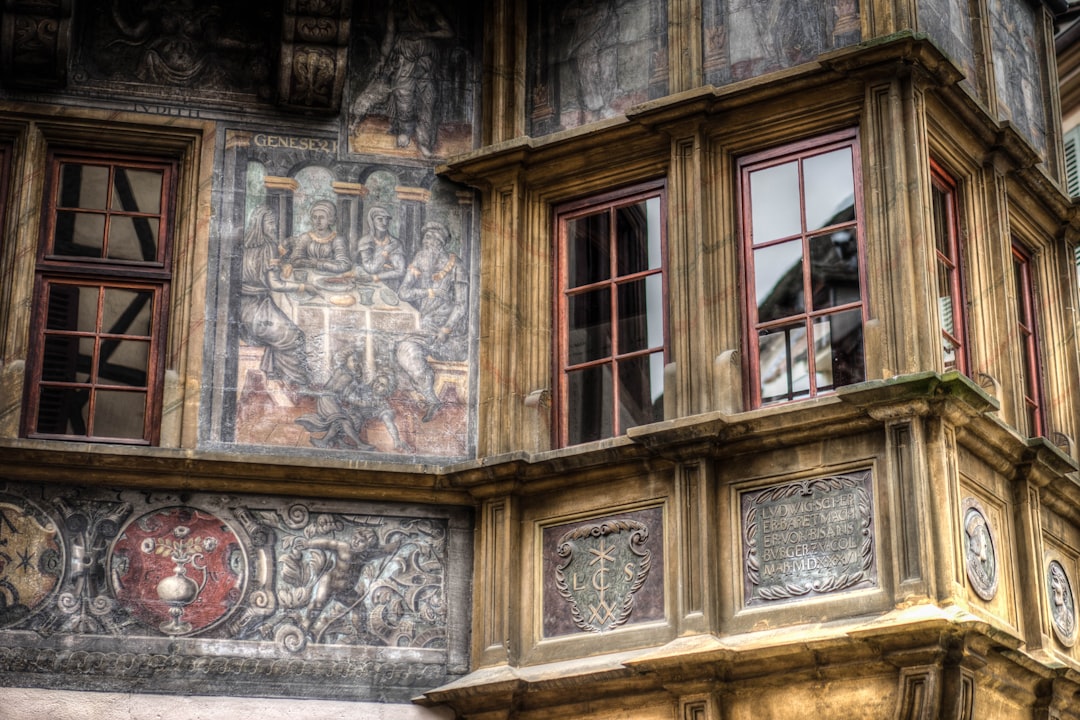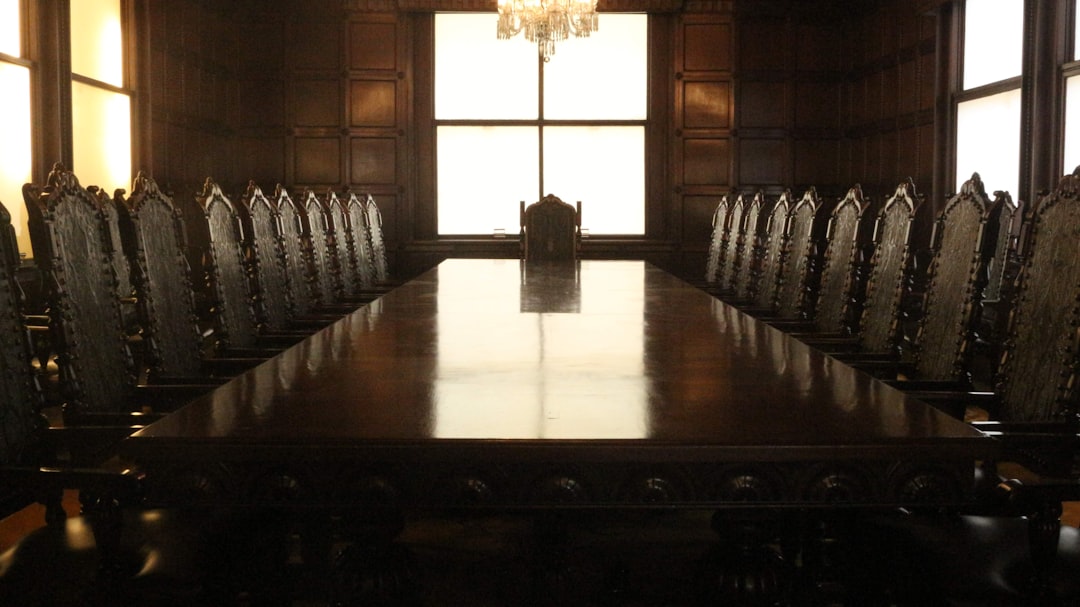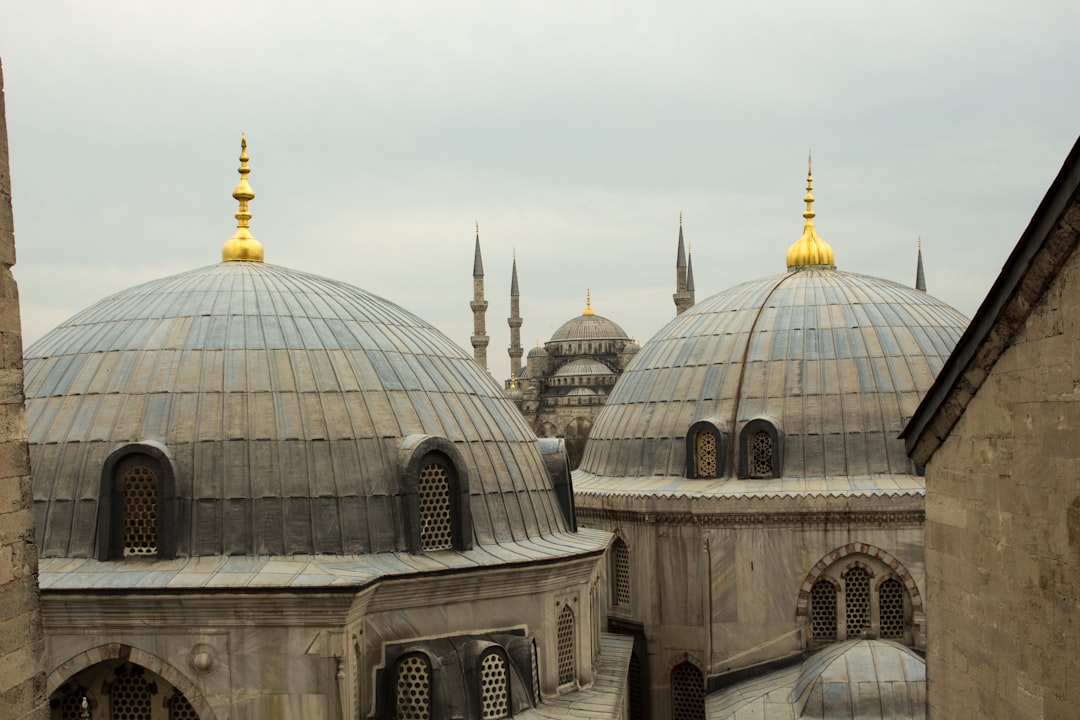What is it about?
References to the law pervade Kafka’s writings, but their meaning remains elusive. It is precisely because it is uncertain whether the law in Kafka’s work is to be understood in juridical, religious, literary, or more generally ontological terms that it has elicited numerous and often contradictory interpretations that shed light on the relationship between these different realms. The lecture will explore how this indeterminacy and its effects have inspired important debates between modernist thinkers from Scholem and Benjamin to Jacques Derrida and Giorgio Agamben. The talk will focus on the relationship between law and narrative and its correlation with Jewish approaches to the interaction between Halacha and Aggadah.
Featured Image
Why is it important?
It points out the mistake often made in today's political/religious theories of identifying Jewish law with oppressive state law and reveals certain supersessionist tendencies in philosophical views of Judaism in the present.
Perspectives
The article addresses important links between the Jewish tradition and modern concerns involving some of the great figures of german-Jewish literature and thought.
Professor Vivian Liska
Universiteit Antwerpen
Read the Original
This page is a summary of: “Before the Law stands a doorkeeper. To this doorkeeper comes a man…”: Kafka, Narrative, and the Law, Naharaim, January 2013, De Gruyter,
DOI: 10.1515/naha-2012-0011.
You can read the full text:
Contributors
The following have contributed to this page










